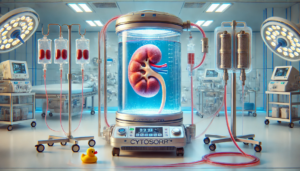
Machine Learning for In-hospital Mortality Prediction in Critically Ill Patients With Acute Heart Failure: A Retrospective Analysis Based on the MIMIC-IV Database
This study developed machine learning (ML) models to predict in-hospital mortality among ICU patients with acute heart failure (AHF) using data from the MIMIC-IV database. Among five tested algorithms, XGBoost showed the highest predictive accuracy (AUC: 0.82) and outperformed traditional clinical scoring systems. The model incorporated 18 clinical variables from the first 24 hours of ICU admission to aid early intervention strategies.




